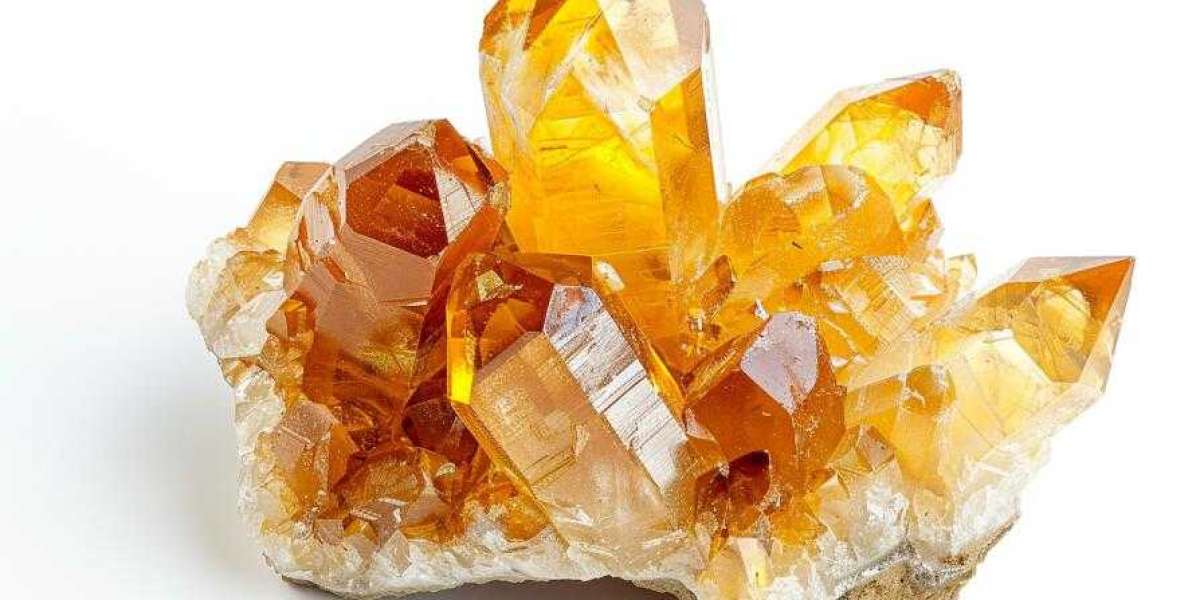Believed to carry the power of the sun, citrine is often associated with wealth, prosperity, and positive energy. However, like any other gemstone, citrine may not be suitable for everyone. Understanding who should avoid wearing citrine can help individuals make informed decisions about whether this stone is right for them.
1. Individuals Seeking Stability or Grounding
Citrine is known for its energizing properties, which are believed to stimulate creativity, boost confidence, and enhance overall vitality. However, for individuals who are seeking stability and grounding, especially those who may feel overly stimulated or anxious, citrine might not be the ideal choice. Its stimulating energy could potentially exacerbate feelings of restlessness in such individuals.
2. People with Sensitivity to Strong Energies
Gemstones are believed to emit energies that can affect individuals differently. Citrine's vibrant energy is often considered invigorating and uplifting. However, individuals who are highly sensitive to external energies or who may easily feel overwhelmed might find citrine too stimulating. In such cases, gentler stones like rose quartz or amethyst, which have calming properties, might be more suitable.
3. Those Who Prefer Subdued Colors
Citrine's characteristic golden-yellow color is distinctive and vibrant. While many find this hue appealing and uplifting, individuals who prefer more muted or subtle colors in their jewelry might not resonate with citrine's brightness. Personal preference plays a significant role in gemstone selection, and those who prefer understated jewelry might opt for stones with softer colors like aquamarine or moonstone.
4. Individuals Seeking Emotional Healing
While citrine is associated with positive energy and optimism, its primary focus is often on stimulating the mind and enhancing vitality rather than emotional healing. Those who are actively working through emotional wounds or seeking deep emotional healing might find that stones like rose quartz or turquoise, which are known for their soothing and nurturing energies, better support their healing journey.
5. People with Allergic Reactions
As with any jewelry, it's essential to consider potential allergic reactions when wearing citrine. Although rare, some individuals may experience skin irritation or allergic reactions to metals used in citrine jewelry settings rather than the stone itself. Ensuring that jewelry is made from hypoallergenic materials and avoiding prolonged wear can help mitigate these concerns.
Conclusion
While citrine is celebrated for its beauty and positive attributes, it's important to remember that gemstones interact differently with each individual. Understanding who should not wear citrine stone can guide individuals in making choices that align with their personal energy and preferences. Whether seeking stability, emotional healing, or simply preferring different aesthetic qualities, there are numerous gemstones to explore, each offering unique energies and benefits.
Choosing the right gemstone involves considering not only its physical properties but also its metaphysical aspects and personal resonance. Ultimately, whether or not to wear citrine—or any gemstone—should be a decision based on personal intuition, comfort, and individual needs.







